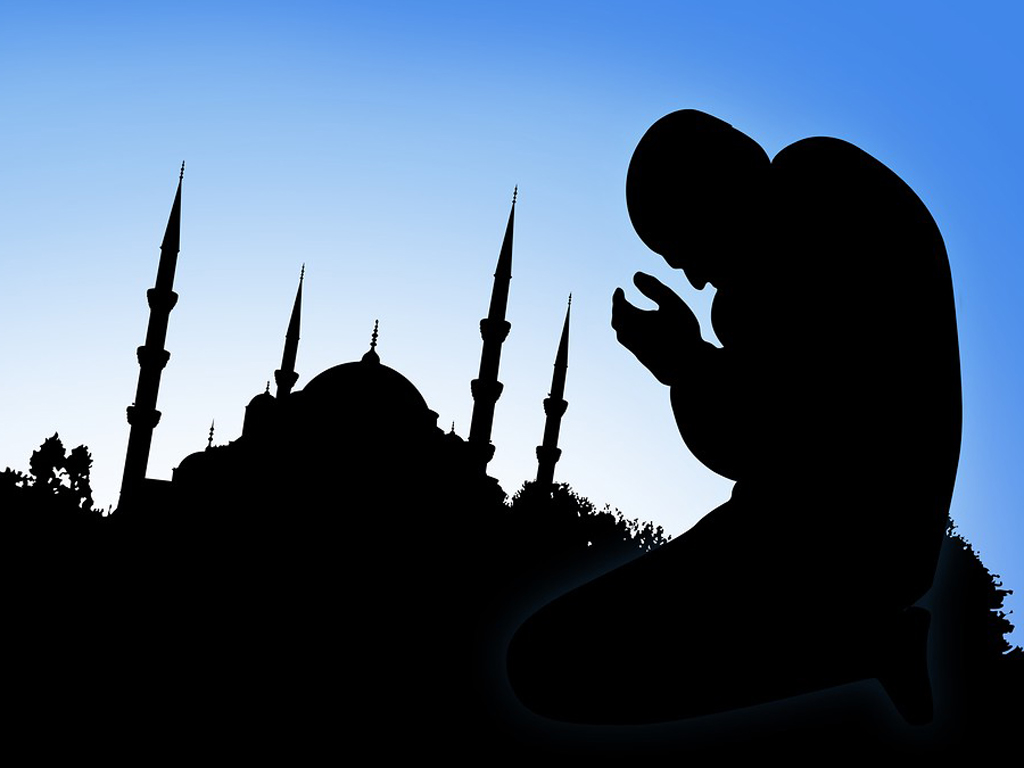We all know that Islam follows the lunar calendar while Christianity follows the solar calendar. Also, as we know, the Islamic calendar starts from the time Prophet Muhammad SAW (peace and blessings be upon him) migrated from Makkah to al-Medinah. From here begins the first year of the Islamic calender known as ‘Hijri’ or Migration. The Islamic calendar was organized and began being prsented as a calendar by the second righteous Caliph of Islam, Umar bin al-Khattab. Thus, according to the Hijriah calendar (or the Islamic calendar), Muharram is the first month of the Islamic year.
Many of non-Muslim people ask the question that why isn’t the Muslim New Year celebrated with happiness and in ways similar to the Christian New year, or the Chinese new year, etc.
There are a few very important reasons for this which as Muslims, we cannot ignore. Firstly, Islam has a different concept of celebration where permissive-style dancing of men and women together is not acceptable. Neither is consumption of alcohol or any other intoxicant allowed. All celebrations in Islam start with the remembrance of Allah and offering thanks to Him. The style of celebrations must be in accordance with the values of the Quran. Therefore, we are prohibited from celebrating in a way that would make us pass into a state where we have little or no control over ourselves. Practices that take away our faculty of being aware of Allah and our duties & responsibilities are totally disallowed. For this reason, all Muslims celebrations differ greatly from various modern-day non-Muslim celebrations.
Coming back to the exact topic of celebrations during the Muslim new year: The second righteous Caliph of Islam, Umar bin Khattab was assasinated on the 1st of Muharram after almost 20 years as one of the greatest rulers of the world. He was also a close friend and a relative of Prophet Muhammad SAW. Umar bin Khattab’s death is one of the most unfortunate and sad incidents in the history of Islam.
After that in chronological history, the first 10 days of the month of Muharram also consist of the suffering and the martyrdom of Imam Hussein, the grandson of the Prophet, along with his entire family of women and children in the battle of Karbala. This is another extremely tragic incident in Islamic history.
Thus, the first day and first month of Muharram bring very sad memories for all Muslims. It would be highly insensitive to celebrate this month with happiness simply because it is the first month of the year.
Here are two reasons why Muslims should not celebrate the New Year of Gregorian Calendar:
- It is Technically Inaccurate and Pagan
As Muslims, we have our own calendar that has been in constant use for 1400 years. Even though we may end up using the Gregorian calendar due to circumstances beyond our control, we know for a fact that Allah has ordained the use of the lunar calendar for us in our worship. According to our Hijri calendar (initiated by the great Sahaaba Umar raḍyAllāhu ‘anhu (may Allāh be pleased with him), the new year actually begins on the first of Muharram.
The Gregorian calendar (so called because it was developed by Pope Gregory) decided on the 1st of January as the New Year to celebrate the circumcision of Jesus. Its origin – like so many modern-day holidays – lies in the pagan Roman festivals associated with Janus – the two headed deity who symbolised change.
- What Exactly is There to Celebrate?
Any celebration by Muslims needs to be put into context of the local and global situation of our fellow human beings. The two Eids amply do so by encouraging prayers, duaa for those suffering and alms to the needy. However, celebrating the New Year does no such thing.
It is a celebration that is cut off from the reality of the rest of the Ummah. The starvation in Somalia, the murder in Syria and Palestine, the imprisonment of Gaza and Palestinians, the ethnic cleansing of Burma – celebrating the New Year is pretty much exactly the opposite.
Salahuddin Ayyubi was once asked why he hardly ever smiled even though this was a sunnah of the Prophet ṣallallāhu ‘alayhi wa sallam (peace and blessings of Allāh be upon him). He replied, “How can I smile when I know that masjid Al Aqsa is being defiled and the Muslims are suffering?!” That attitude, dear brothers and sisters, is why he achieved what he did and why we’re still debating on whether or not it is acceptable to send “Happy New Year” messages.
- They may involve Un-Islamic Practices
Let’s be honest. When you picture New Year’s Eve celebration, you don’t picture people sitting in a gathering that could take place in a mosque or with the local imam around. Instead, they are (and this may well be a generalization) usually events that mirror the celebrations of where this holiday originated from. It is usually an Islam free zone, which is not entirely surprising given that it has no basis or relationship to Islam.
There are many ways to showcase our manners and act as ambassadors of Daarul Quran big family without having to adopt the celebrations of others. By adopting the celebrations of others, we may be harmlessly saying a few words or just enjoying ourselves. Equally, we may be opening the door to disappearing within the dominant culture and to a future which of blurred boundaries for our community and children.
This issue occupied the minds of greater people than us – Uthman raḍyAllāhu ‘anhu (may Allāh be pleased with him), Ali raḍyAllāhu ‘anhu (may Allāh be pleased with him) and many other of the greatest Sahaaba. When the great assemblage of the companions of the Prophet ṣallallāhu ‘alayhi wa sallam (peace and blessings of Allāh be upon him) had discussed this issue at length, the matter was brought to a close by the wise words of Caliph Umar raḍyAllāhu ‘anhu (may Allāh be pleased with him) that are as relevant today as they were then. He said,
“The Hijrah has separated truth from falsehood; therefore, let it become the epoch of the era.”
So this year – as the clock strikes midnight by the end of December 2017 – thank Allah for the blessings of having our own calendar and the two Eids, as we have become the big family of Daarul Quran. May Allah give us all many, many more in happiness, health and unity for the whole of the Ummah in all parts of the world. Amin Ya Robbal Alamin.

